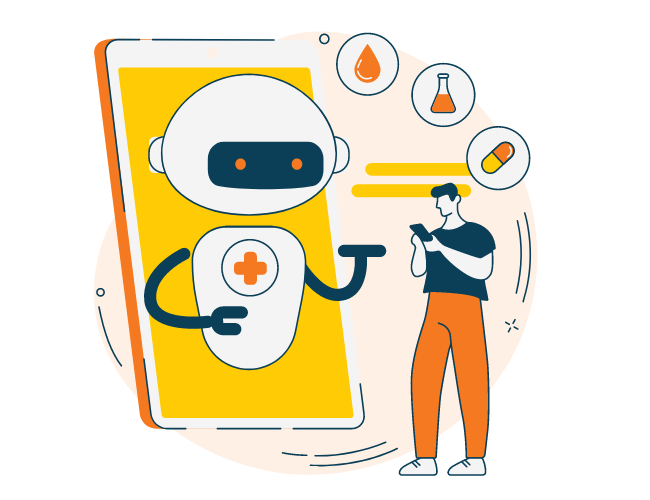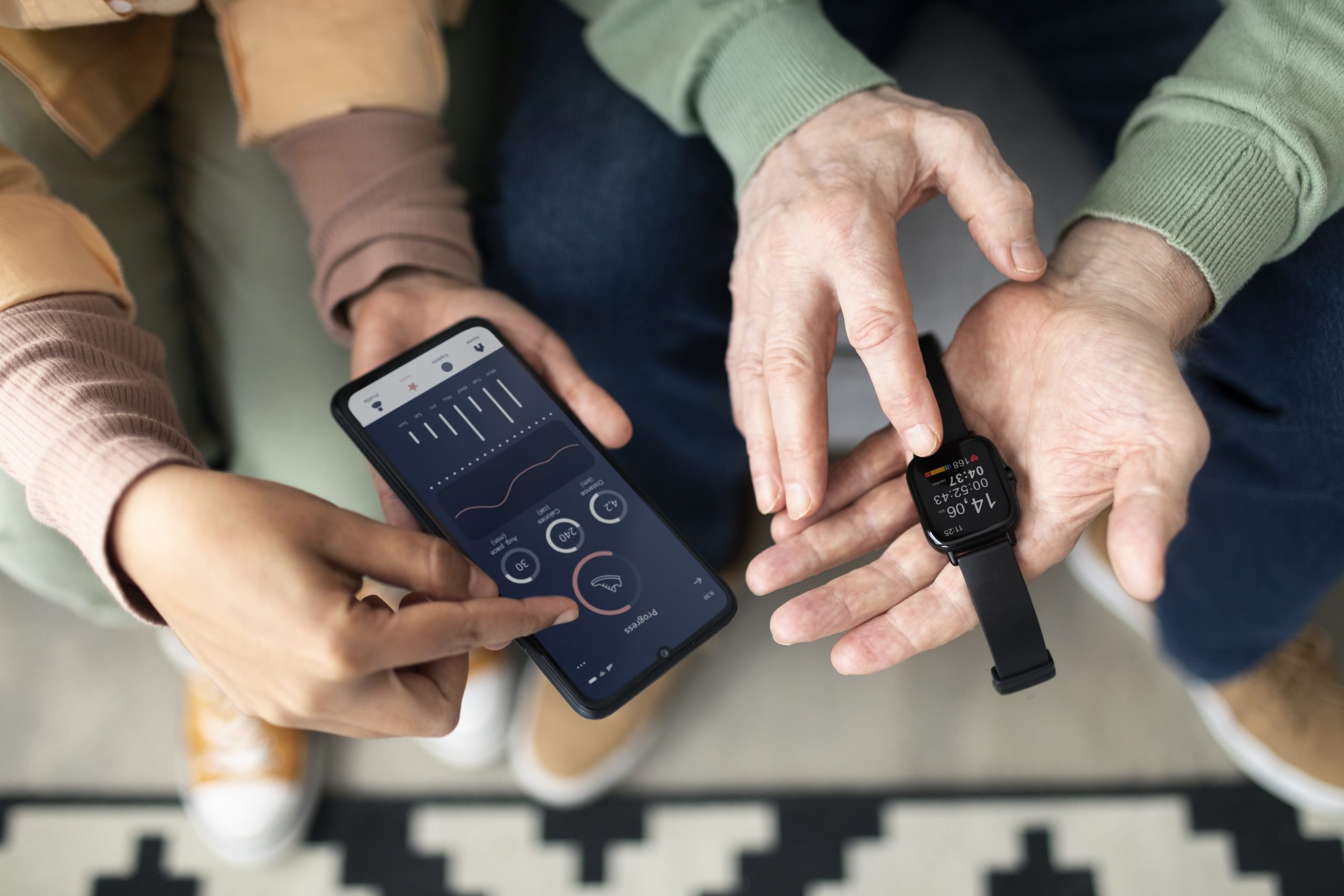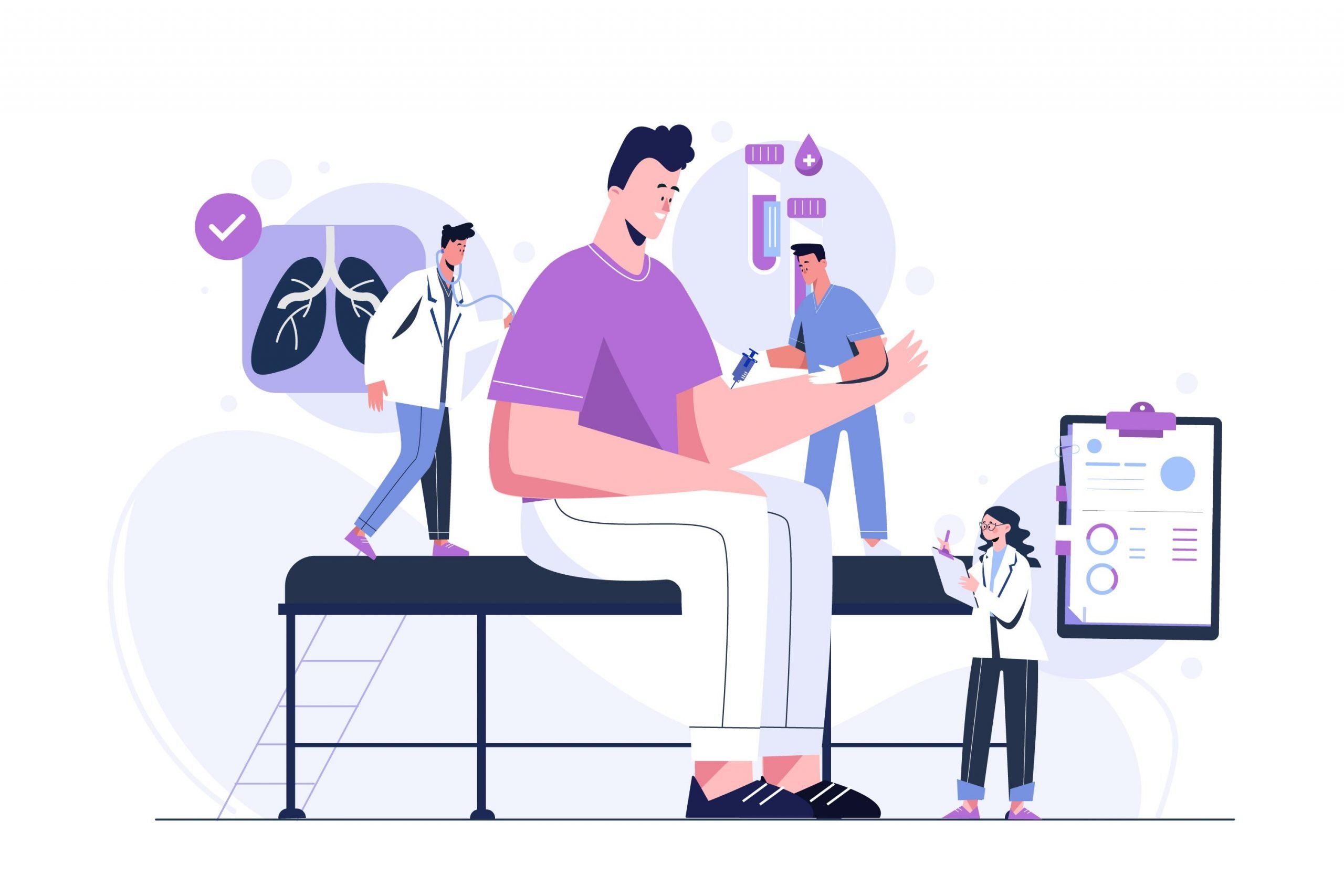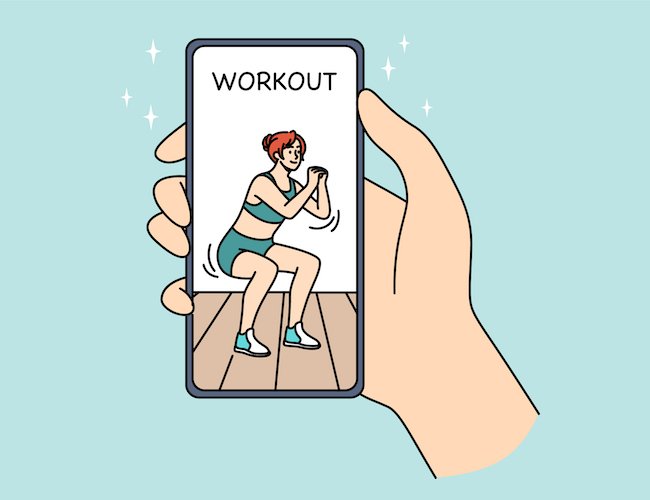While smartphones can help people stay in constant contact with friends, give turn-by-turn directions to the coolest new restaurant, look up the name of the bass player from a 70s rock band—and of course, make phone calls—new studies suggest that this overload of information may be harmful.
Smartphone Studies On Health
The studies indicate that being on a smartphone too much interferes with daily activities and relationships, which can lead to physical and mental issues. Some of the concerns raised by recent smartphone studies include:
- Neck pain and poor posture – “Text neck” can result when users are constantly looking down at their phones.
- Reduced cognition – Just having a smartphone available (even when it’s not in use) causes a distraction and diminishes cognitive capacity—the ability to concentrate, be creative, and make decisions.
- Smartphone addiction and depression are related and may feed off each other.
- Excessive smartphone use can cause “technoference,” adversely affecting social interaction.
With 77% of Americans having a smartphone, many people can be affected by these health hazards.
The Lure Of Smartphones
Why are people so connected to their smartphones, even to the point that they experience symptoms of stress when separated from their phones or feel a phantom vibration from the phone when no one has called or texted? Surprisingly, a lot has to do with the way the brain works—and how smartphones play into that.
Dopamine is a chemical in the brain that, among other things, helps people experience pleasure. When a phone buzzes with an incoming text or there’s a notification from Facebook or Instagram, the brain releases dopamine, which helps form the habit of checking the phone.
Perhaps more concerning than the release of dopamine is the release of another chemical, cortisol. Cortisol is a stress hormone, often associated with the fight or flight response. A text or email notification comes in, raising cortisol levels and increasing stress. Ignoring the message can increase stress, while checking the message relieves it. Since most Americans check their phones at least 52 times a day (more frequently for millennials), smartphone users are subjected to a constant barrage of the stress hormone. That constant state of stress can increase blood pressure and heart rate. As a result, smartphones may be threatening the long-term health of its users.
Benefits Of Smartphones
With the concerns about smartphones, does that mean everyone should give them up and revert to smoke signals or AAA maps? Certainly not! In addition to being a convenient source for information, communication, and entertainment, smartphones can also improve health.
With a variety of apps, smartphones can help track steps, meals, and hydration. They can host fitness programs and mindfulness exercises.
Companies that use smartphone apps for wellness programs may wonder if they should continue. Yes! Rather than dismiss smartphones because of potential problems of overuse, think about how to intentionally and intelligently make the most use of the technology.
For example, encourage employees to turn off email and text notifications and fully engage in work activities. Use the do not disturb feature during meetings and company social events. Try going for a walk in the building (or just to another office) without a phone.
Encourage employees to use health apps to meet goals and monitor progress. Go social by inviting friends and co-workers to health challenges, and be sure to engage in activities and conversations with them IRL (in real life) as well.
Using a smartphone indiscriminately can be hazardous, but using it intentionally can ensure the focus remains on the benefits.












